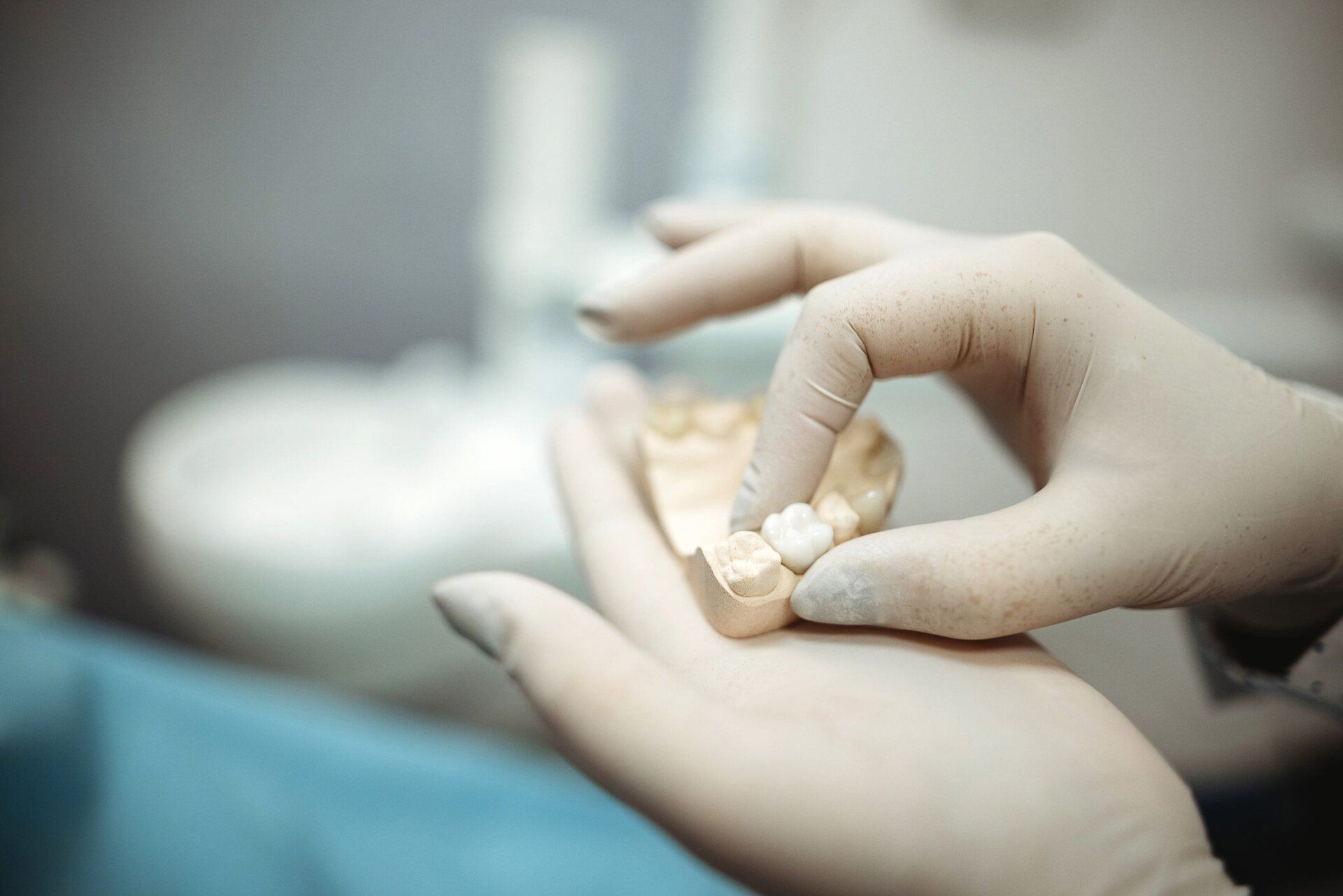Sticky-Food Taste Testers Must Work Hard to Avoid Dental Issues

Taste testers have a unique job, one that requires them to regularly eat a lot of food. For example, an individual may taste test sticky foods, such as taffy, to gauge the quality of their flavor. Unfortunately, dental decay may be a common issue for those in this position. Thankfully, oral health maintenance techniques minimize this risk.
Taste Testers Often Suffer From Dental Issues
Every day, taste testers eat various types of foods, many of which contain high concentrations of sugar and other destructive ingredients that could affect their oral health. For example, one study discussed an individual who spent eight months eating frozen fried foods, including French fries. Unfortunately, this person developed huge blisters on their mouth and severe dental cavities.
This problem gets worse when potentially destructive foods are involved. For example, sticky foods - like gum, toffee, and certain types of candy - sticky to the teeth and are tough to remove. This problem is bad enough when a person simply snacks on a few bites during the day, and the damage of sticky foods only increases when a person eats them repeatedly.
An individual taste testing sticky foods may not notice particles sticking between their teeth, around their gums, and in other hard-to-reach areas. As a result, their oral health may suffer and cause other health concerns. Thankfully, simple dental maintenance techniques can prevent this issue from becoming too dangerous.
Steps to Avoid Serious Concerns
Taste testers who eat sticky food on their job need to take several steps to minimize the danger of serious dental problems. For example, these individuals can eat smaller samples to avoid getting too much food stuck to their teeth. This approach is wise because it prevents not only excessive sticky materials on a person's teeth, but also avoids high volumes of sugar or other acidic materials.
Smaller samples are also easier to chew and may minimize how long a person needs to eat sticky foods. And while chewing, try to pull the sticky foods away from the teeth using the tongue. This step requires careful concentration but rewards a taste tester by focusing more of the food on the taste buds. In this way, the tester can get a more accurate understanding of the flavors of their foods.
While on the job, a taste tester should make sure to perform simple dental maintenance techniques after a set period of taste testing. Simply setting a half-hour or one-hour limit to taste testing is a wise decision. Set an alarm to go off after this period and then go to the bathroom to wash out the mouth and brush the teeth. This step ensures that excessively sticky food doesn't stick around too long in the mouth.
When brushing the teeth, taste testers need to brush the tongue to prevent bacteria spread. The tongue contains a large concentration of bacteria and may be ignored by people when cleaning the mouth. Swish the tongue around in mouthwash as well to destroy bacteria and keep the mouth healthy. Mouthwash application schedules will vary, depending on how much sticky food a person eats at their job.
Professional Help Is Necessary
The food-intensive nature of a taste tester job means that more frequent professional dental visits may be a wise decision. The increased schedule will vary depending on what the taste tester and their dentist decides is best. For example, trips every three months may be wise for certain individuals.
If you are a taste tester who wants to avoid severe dental decay due to sticky foods, please call or visit us at New England Dental Health Services PC right away. Our specialists will examine your oral health and work hard to ensure that your teeth remain strong.






